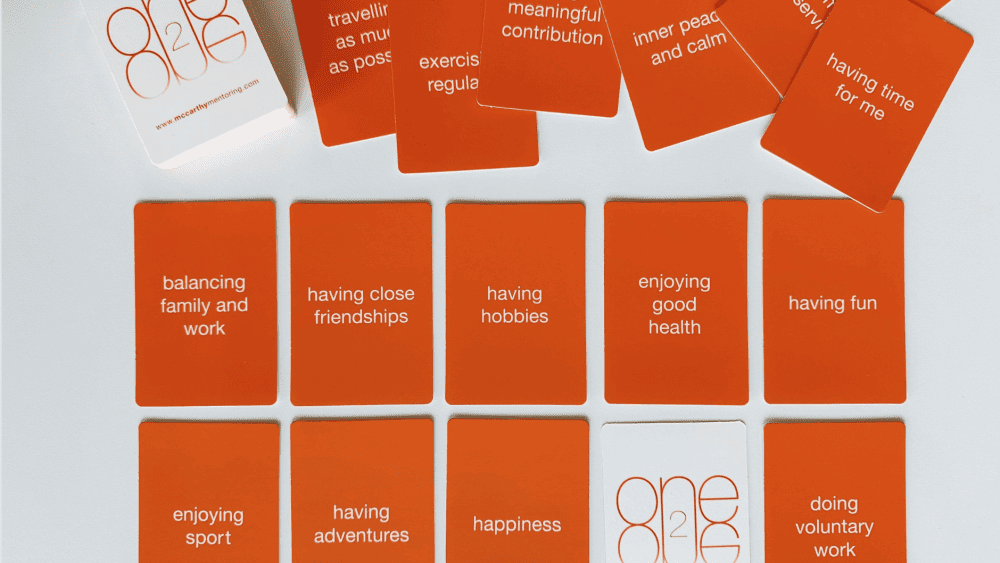In a context of increased pressure, significant workloads and uncertainty, these leaders are often pouring from an empty jug. Research conducted during 2023 reports that more than half of managers are feeling burned out. Building habits in the workplace to better manage workload, stress and health has never been so important.
So as we approach the end of another big year, we encourage you to reflect on the year’s achievements, be proud of what you’ve accomplished and set goals that lay the groundwork for continued high performance and career success while taking care of yourself and others.
Prioritising wellbeing is not just an act of self-care. Leaders need to manage themselves before they can manage others well. A healthy and energised executive is a more effective leader that not only impacts their own performance and productivity but has a direct impact on the team’s outcomes. Fostering connections and safe conversations, role modelling positive behaviours, providing opportunities for growth and setting clear priorities drives overall wellbeing and a thriving culture.
To supplement the widely accepted pillars of eating well, exercise, and sleep here are five workplace strategies to consider:
1. Self-compassion
Be kind to yourself. Remind yourself of your strengths and reflect on what you’ve accomplished. Set achievable goals and avoid overburdening yourself with unrealistic or perfectionist expectations. Seeing mistakes as a growth opportunity, both for yourself and your team, can quieten the inner critic and reduce stress.
2. Build Trust and Connection
Trust allows you to have more vulnerable conversations and build deeper relationships that will offer support, a different perspective and form a valuable sounding board. Invest in your networks and prioritise connections outside of the task at hand. In addition, research shows that teams with higher levels of mutual trust also have higher levels of collaboration, engagement and performance. So trust your team by delegating, empowering and asking for help when needed. When you can’t delegate, think strategically about how you can get support.
3. Hard Conversations
A critical part of leadership, hard conversations can test your values and demand a level of courage. Avoidance can not only weigh on your mind but if it’s around poor performance or behaviours, it can impact the productivity and cohesion of your team. Preparing how you respond and what you say can be challenging but when delivered with purpose, positive intent and a considered and authentic approach, the outcomes can surprise you. Just like any skill, it can be learned and there are many models and options to guide you.
4. Give Yourself Permission
As an executive leader and manager carrying a significant mental load, it’s essential to give yourself permission to prioritise your own wellbeing. Just as you wouldn’t hesitate to invest in your organisation’s growth, invest in your own personal and professional growth by taking care of yourself. Put it in the diary and move it higher up the non-negotiable list.
5. Set boundaries
This may be in the form of boundaries of time, the numbers of zoom meetings, the expectations of the role or the key decisions you make. Setting boundaries is not a sign of unwillingness or engagement but can be a valuable protection approach to manage your wellbeing, performance and productivity. Be realistic about what you can achieve in the day, how best to manage your energy or how you can add the most value before proactively communicating that to others. Clarify priorities with your team and manager and role model behaviours.


